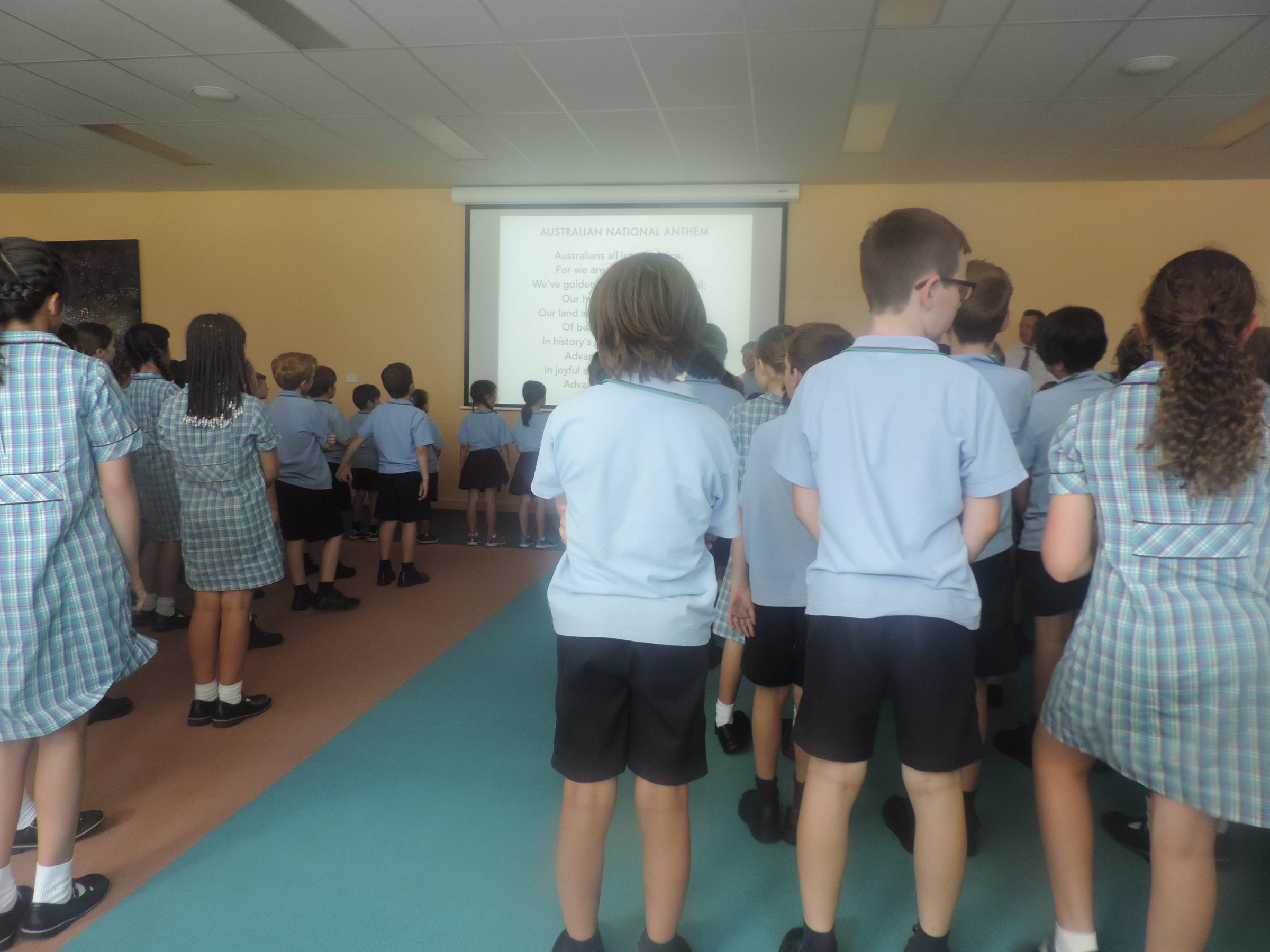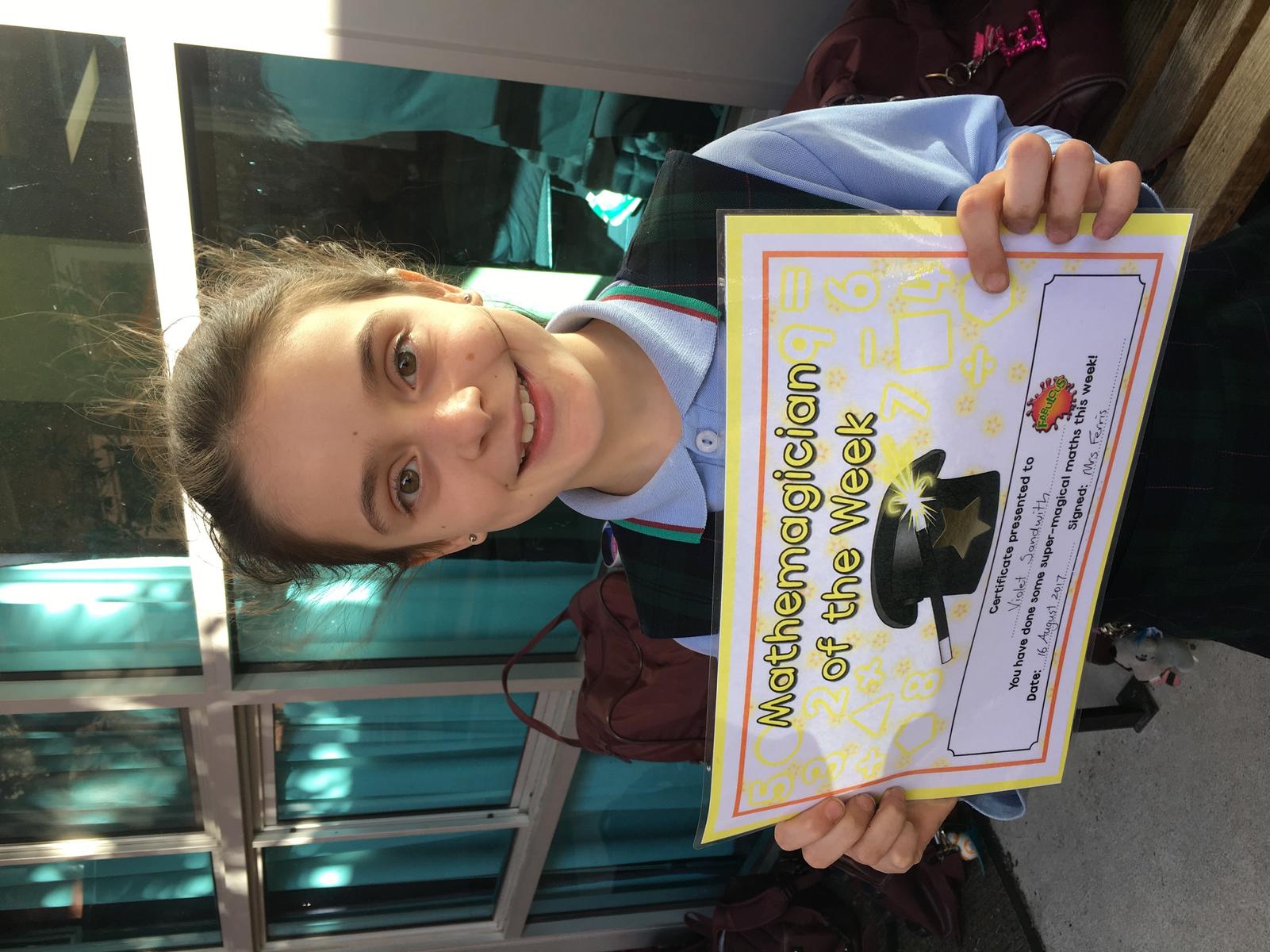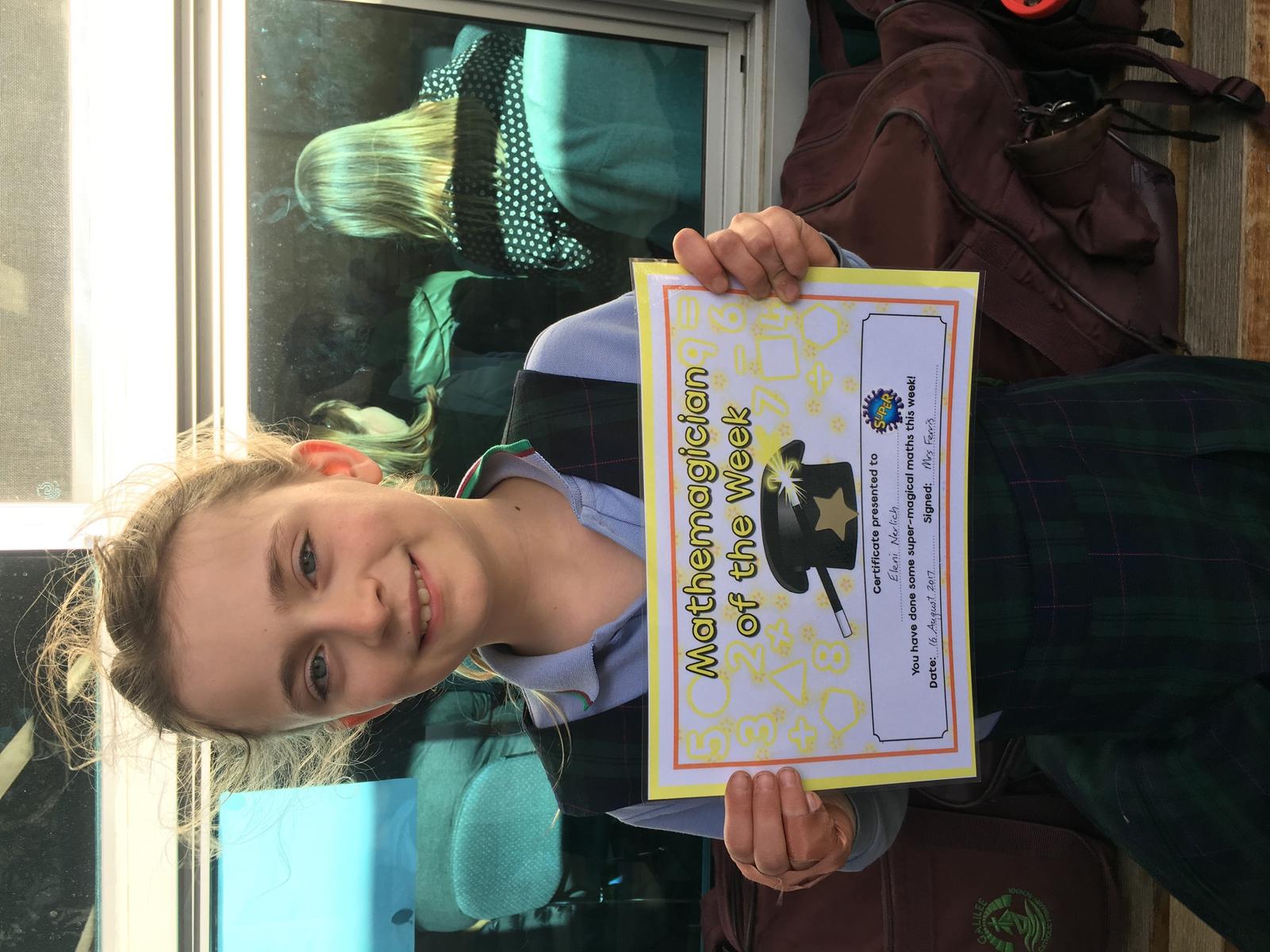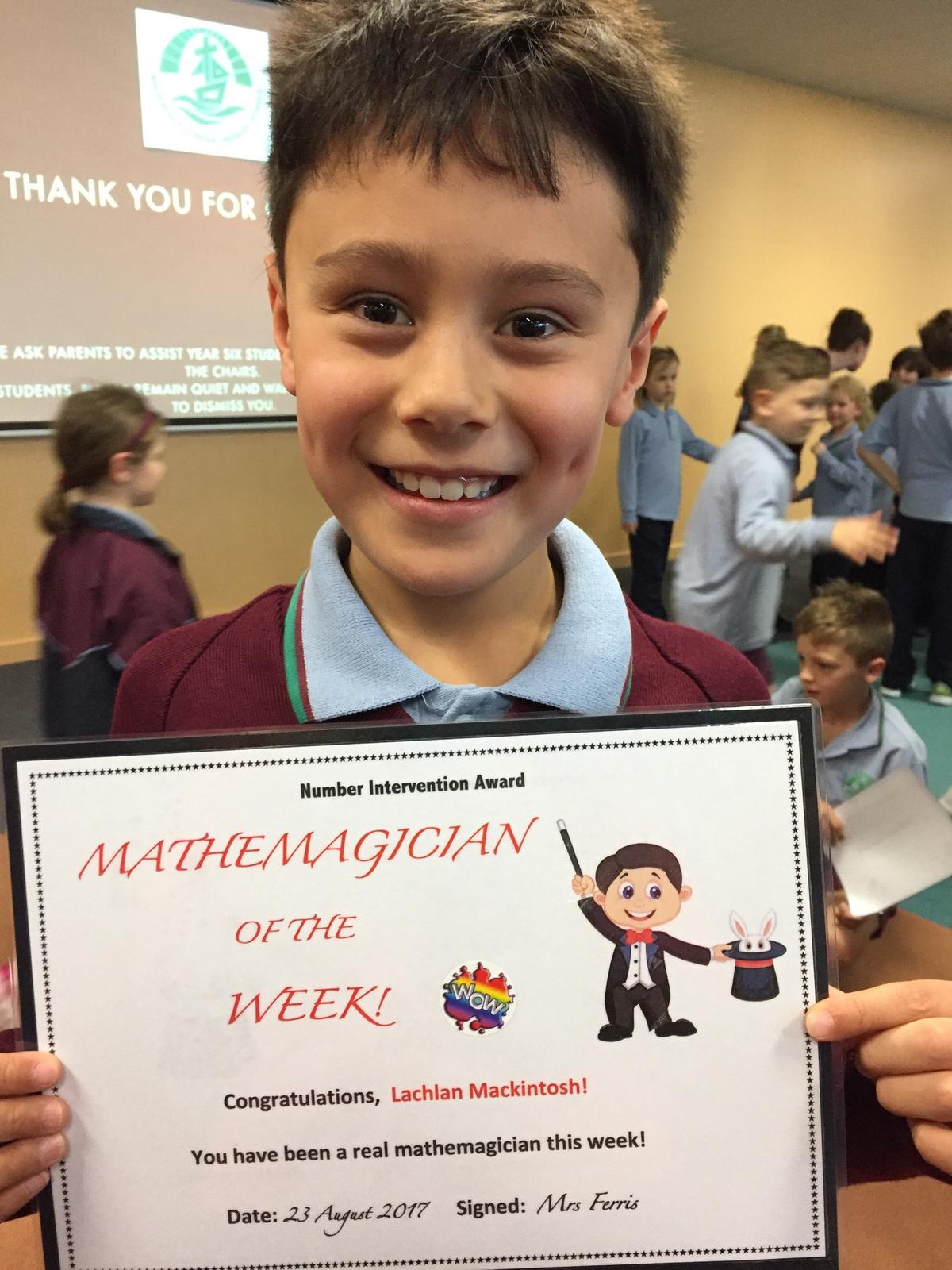Learning and Teaching

Book Club Orders
Book Club Issue 6 is out now. Orders due in by the 5th September. All orders must be placed through the Loop App, no cash orders will be accepted.
Carlo Martello
CBCA Children's Book Week
Each year across Australia, The CBCA (Children's Book Council of Australia) brings children and books together celebrating CBCA Children’s Book Week. During this time schools, libraries, booksellers, authors, illustrators and children celebrate Australian children's literature. Galilee will be celebrating Book Week next week (August 28 - September 1), with the Scholastic Book Fair, character dress-up day and a theatrical performance.
In 1946 the CBCA established annual book awards to promote children's books of high literary and artistic quality. These awards are now the most influential and highly respected in Australia. Generally, the CBCA Book of the Year winner's announcement is the third Friday in August, and CBCA Children's Book Week commences the following day.
The winners this year are:
Home in the Rain, by Bob Graham (Picture Book of the Year)
Go Home, Cheeky Animals, by Johanna Bell (Early Childhood Book of the Year)
Rockhopping, by Trace Balla (Younger Readers Book of the Year)
One Would Think the Deep, Claire Zorn (Older Readers Book of the Year)
Amazing Animals of Australia's National Parks, GIna M. Newton (Eve Pownall Award for Information Books)
The Patchwork Bike, Van T. Rudd (Crichton Award)
Number Intervention
Jane Ferris
jferris@gsmelbournesth.catholic.edu.au
Congratulations to our Mathemagicians of the Week for Week 5, Eleni, Violet and Lachlan all from 3R, who have all demonstrated wonderful improvements in their knowledge of Number. Keep up the great work!
In an earlier newsletter, I spoke about the links between addition and subtraction. As children learn about addition and begin to memorise addition facts, it’s important that they see the part-part-whole relationships between the numbers. If they fully grasp this relationship, then subtraction will be a simple process for them.
Having a good working knowledge of Maths facts and concepts is essential for children’s success in the 21st Century. Maths facts fluency refers to the ability to recall the basic facts in all four operations accurately, quickly and effortlessly. When students achieve automaticity with these facts, they have attained a level of mastery that enables them to retrieve them from long-term memory without conscious effort or attention. Brain imaging studies have shown how the progression from effortful processes, such as finger counting, to automatized retrieval is associated with actual changes in the regions of the brain involved in mathematical computation (Rivera, Reiss, Eckert and Menon, 2005).
So why focus on Maths facts? Maths facts fluency leads to higher order Mathematics. Through automaticity students free up their working memory and can devote it to problem solving and learning new concepts and skills (Geary, 1994). Quite simply, a lack of fluency in basic Maths fact recall significantly hinders a child’s subsequent progress with problem-solving, algebra and higher-order math concepts. Fluent maths facts mean less confusion. Maths facts are important because they form the building blocks for higher-level Maths concepts. When a child masters his/her Maths facts, these concepts will be significantly easier and the student will be better equipped to solve them faster. If the child spends a lot of time doing the basic facts, he/she is more likely to be confused with the processes and get lost in their problem-solving calculations.
Maths facts automaticity affects performance – not only in Maths. In later primary, students have longer and more complicated computations to complete and problems to solve to check their understanding of various concepts. At this stage, if a student does not have his/her Maths facts committed to memory, he/she will spend a disproportionate amount of time figuring out the smaller calculations and risk not completing the task. This not only affects their performance in maths class, but also in other subjects, such as science and geography.
Less Maths anxiety: Maths can be compared to languages in some ways. Just like you have to learn to combine letters into words and words into sentences – and we have strategies like phonics and sight words to help kids to learn to read – Maths facts are the foundation blocks for learning the next level of Maths. There is rote learning involved in both language and Maths mastery. Maths anxiety starts when children fall behind and can’t keep up. To avoid these anxieties, students’ early primary years should focus on learning the basic maths skills needed for later years – Maths facts are among those important Maths skills.
Basic Facts: Children should be able to make sense of addition and multiplication before they try to memorise their tables. When they do understand, it is important that they learn these basic facts and recall them instantly. Basic facts are linked to different stages. These will include the traditional basic facts as well as others such as addition and subtraction facts to ten, facts to twenty, doubles and ‘teen’ numbers. Ask your child’s teacher when or how they feel it is appropriate for you to support your child in learning these facts.
Helping your child at home
To practise you and your child can:
- Play games (card and board)
- Make use of Mathletics at home
- Draw the fact
- Record the results in their own way
- Record the fact as an equation
- Write it out 5 times
- Image it: create pictures in their minds or on paper
- Talk to someone else about their imaging
- Show the fact with materials e.g. milk bottle tops or counters
- Use the Hundreds Board to find what comes just before and just after it when they skip count
- Discuss the related family of facts and record using tens frames to help them
- Write a number story about it
- Practise the fact in their mind at a spare moment
- Take every opportunity to talk about and use Maths facts.
Let me know if I can help in any way!



